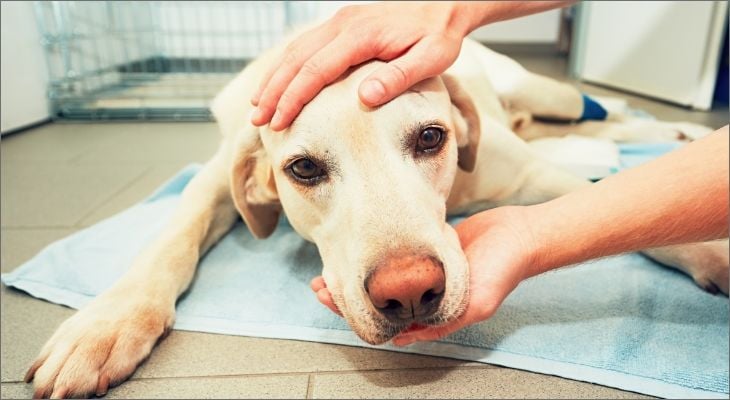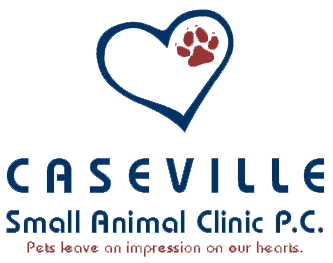
Cancer, by definition, is the uncontrolled growth of cells. Any type of cells in the body can become cancerous. Once these cells grow out of control, they take over areas previously occupied by normal cells; sometimes these tumor cells break off and travel to other areas of the body. Wherever these cells lodge they can start new tumors. This process continues until there is not enough normal tissue remaining to sustain normal bodily functions. There are a number of factors that influence how fast a cancer may grow or spread: type of cancer cell, location, genetics, as well as any concurrent illness or debilitating condition the patient may have.
While there are many research studies devoted to determining the causes of cancer, a lot about this disease is still unknown. It is evident that factors like genetics; exposure to harmful substances, injury, and advanced age can predispose certain patients to this disease.
Regular physical examinations and thorough medical history review are often key components to detecting cancer. Samples of any abnormal tissue should be evaluated by a pathologist to determine the type of tumor and degree of aggressiveness of the disease. A pathologist's report, along with other imaging such as X-rays, ultrasound, and lab work help establish the patient's health status and determine the optimal treatment plan.
There are many different type of cancer treatment: surgery, chemotherapy, radiation or any combination of these treatments. The important thing is to destroy the abnormal cells without damaging the normal cells. Veterinary oncologists, veterinarians that specialize in the study and treatment of cancer, can be consulted to help determine what treatment would be best for the patient.
Cancer is not always a terminal disease. Early detection and appropriate treatments are important in achieving the best outcome. New advancements in diagnostics and more effective treatments are being discovered all the time.

